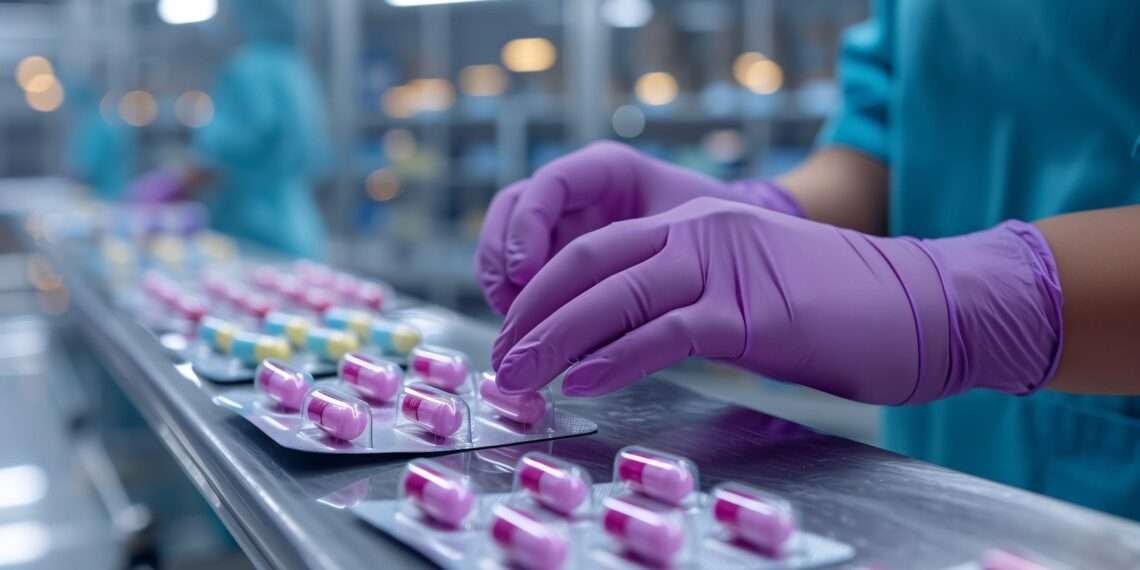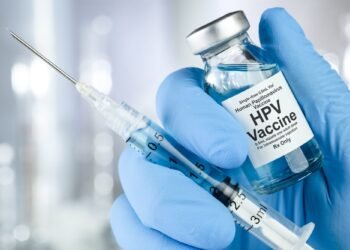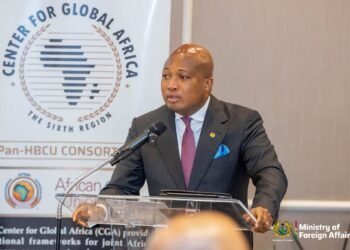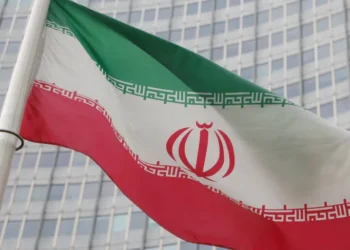Galamsey, the illegal mining activity ravaging Ghana’s rivers and streams, is not only destroying the environment but also undermining the nation’s dream of building a robust pharmaceutical industry.
Dr. Kwame Sarpong Asiedu, Health Fellow at CDD-Ghana, has raised serious concerns about how the contamination of water bodies is quietly driving up the cost of medicines produced locally while posing a grave public health threat.
Dr. Asiedu revealed that while the issue of water pollution has been discussed extensively in relation to drinking water and agriculture, its devastating impact on medicine production has been largely overlooked.
“When we talk about the rising cost of medicines in Ghana, few people stop to think about water. Yet in pharmaceutical manufacturing, water is not just an ingredient. It must be pharmaceutical grade, purified to the highest standard, and free of every impurity. A single contaminant can render a medicine unsafe.”
Dr. Kwame Sarpong Asiedu
However, Ghana’s rivers and streams are increasingly polluted with mercury, sewage, and industrial waste as a direct result of galamsey operations.
Dr. Asiedu explained that transforming heavily polluted water into pharmaceutical-grade water requires enormous financial resources.
Companies are forced to invest in advanced purification equipment, specialized chemicals, and high energy consumption to achieve the required standards.
“Who pays for that? Patients,” he lamented. According to him, the cost of purification is ultimately transferred to the public, meaning every extra cedi spent on cleaning water is added to the price of essential medicines like antibiotics, hypertension drugs, and cancer treatments.
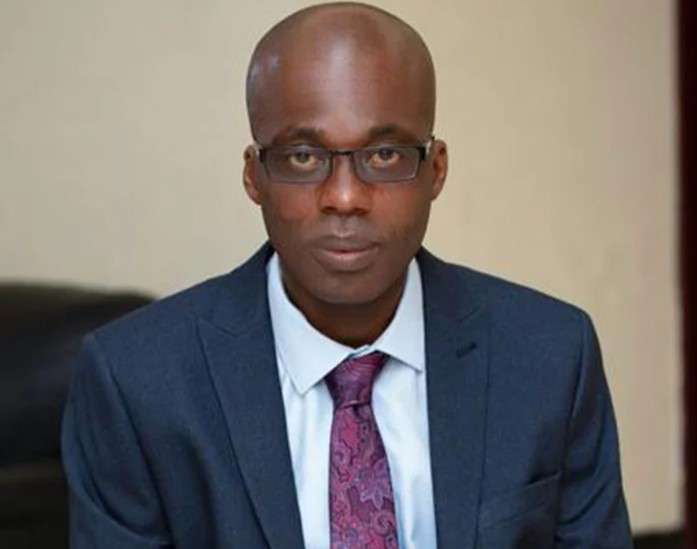
This creates a vicious cycle where the poorest, who are most affected by disease, end up paying the highest price.
The problem, he warned, extends beyond the pharmaceutical sector. The Food and Drugs Authority (FDA) has confirmed that toxic heavy metals from polluted rivers have already seeped into staple foods such as cassava, maize, rice, plantain, and even tombrown, a popular local cereal blend.
These toxins, including mercury, lead, and arsenic, are not just contaminants—they are silent killers.
“These metals lodge in our bodies,” Dr. Asiedu explained, “causing kidney failure, liver damage, impaired brain development in children, and even fueling cancer rates.”
The gradual poisoning of Ghanaians through contaminated food is no longer a distant scientific theory but a deadly reality.
National Crisis and Economic Threat
Describing the situation as more than an environmental issue, Dr. Kwame Sarpong Asiedu declared, “This is not just an emergency; it is a national crime.”
He warned that if the government is serious about transforming Ghana into a pharmaceutical hub for West Africa, it cannot ignore the destruction of the very foundation of medicine manufacturing—clean water.
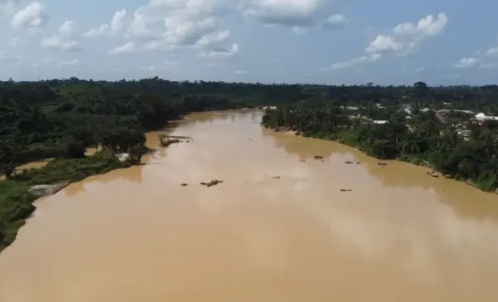
He challenged policymakers to confront the contradiction of promoting local medicine production while allowing illegal mining to devastate the water resources required to sustain it. “Should we sit back and watch our rivers die while our food and medicines become unaffordable?” he asked.
Dr. Asiedu further questioned how long the government could remain silent as citizens are poisoned through contaminated food while simultaneously paying inflated prices for vital medicines.
He cautioned that the ongoing pollution not only jeopardizes public health but also threatens the credibility of Ghana’s pharmaceutical industry on the international stage.
“If this trend continues, neighboring countries may refuse to accept medicines produced locally due to fears of contamination, undermining the very vision of Ghana becoming a leader in regional medicine production.”
Dr. Kwame Sarpong Asiedu
Urgent Action Needed Amid Heightened Galamsey Crisis
Dr. Asiedu’s remarks come at a time when Ghana is striving to reduce its heavy reliance on imported medicines.
The government has repeatedly spoken of its ambition to build a thriving local pharmaceutical industry capable of meeting national and regional needs.
However, without decisive action to tackle galamsey and its effects, this vision risks collapsing before it fully takes off.

He painted a stark picture of the future, warning that Ghana cannot “dream of becoming a hub for medicine production while its rivers are bleeding and its people are being poisoned.”
To address this crisis, he called for an all-out war against illegal mining, insisting that the fight must go beyond rhetoric and symbolic gestures.
He urged citizens, policymakers, and industry leaders to recognize the scale of the threat and act decisively. “The country is at war, and we must get that straight.”
Dr. Asiedu’s warning highlights the interconnectedness of environmental protection, public health, and economic development.
Without clean water, not only is Ghana’s pharmaceutical industry at risk, but so too is the health of every Ghanaian.
His message is clear: the time for excuses is over—decisive action must be taken now to safeguard the nation’s future.
READ ALSO: ECG Retrieves Missing Containers, Moves to Stabilise Power Supply

